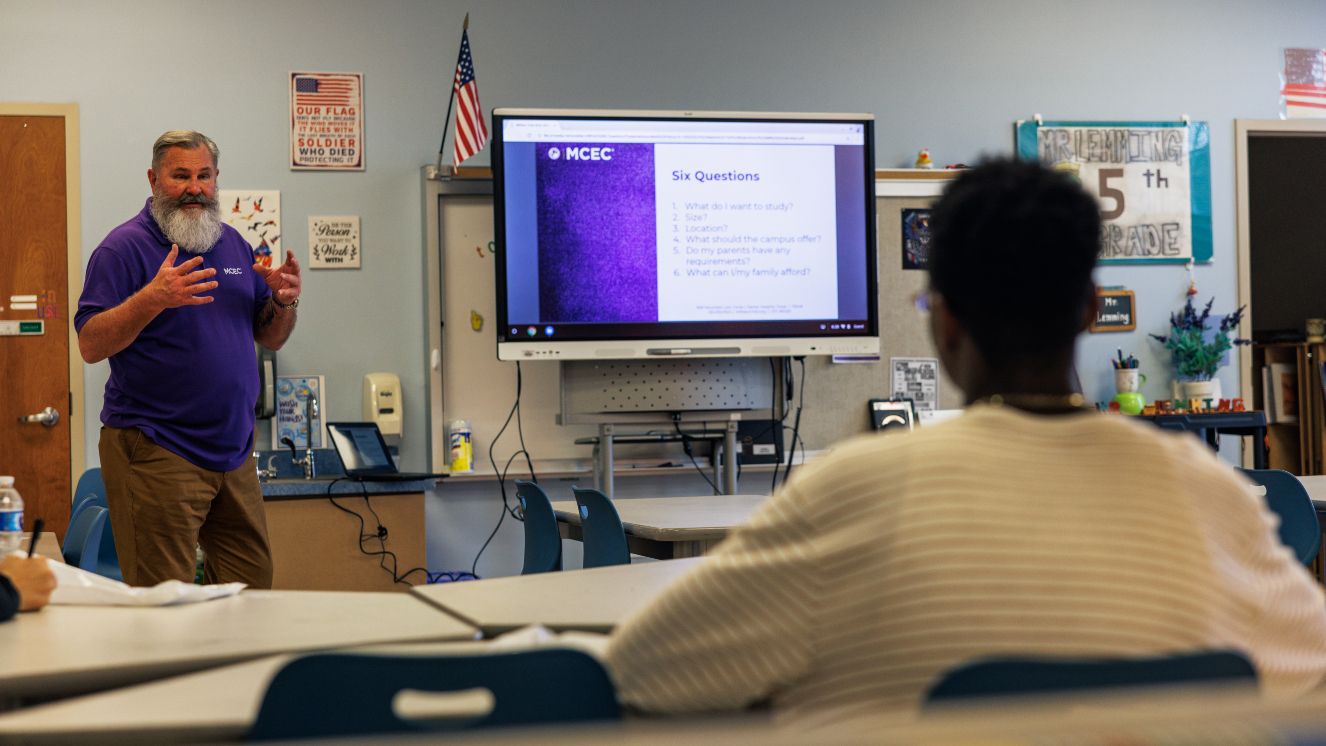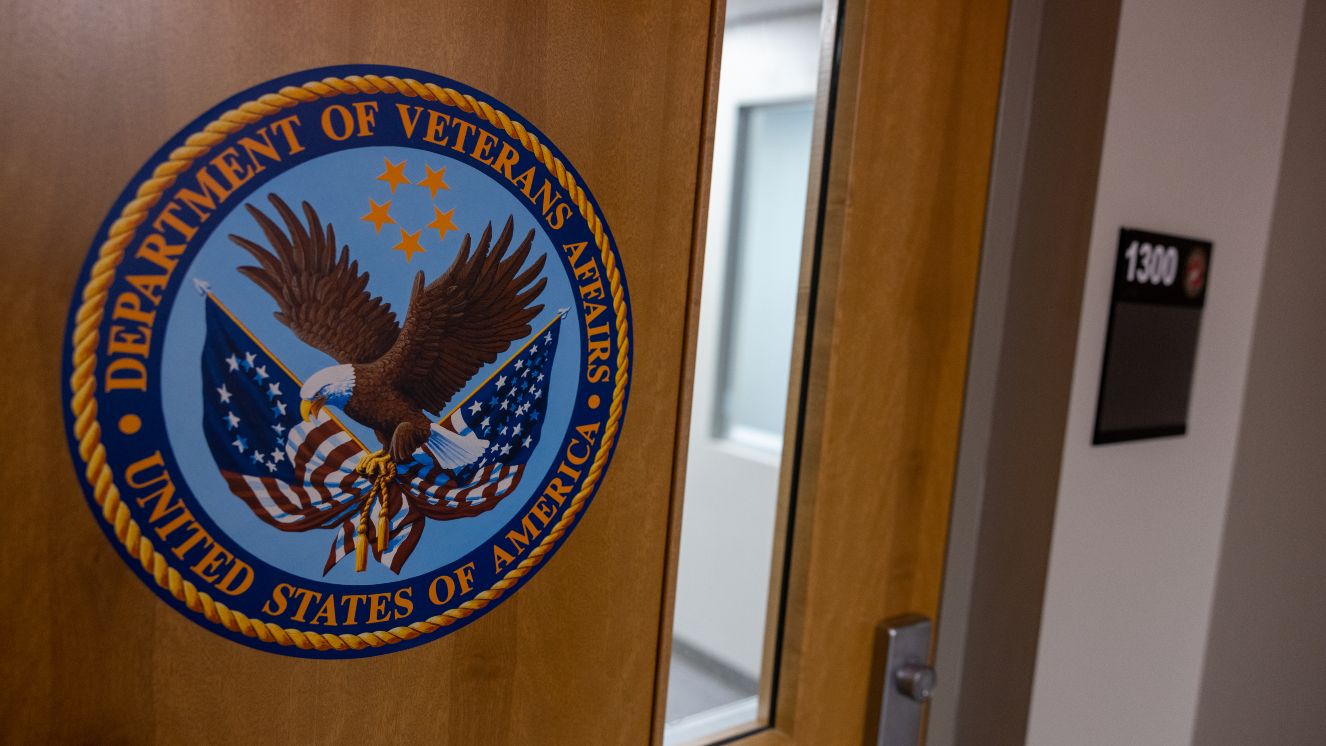LAWSUIT SEEKS TAX-FREE STATUS FOR BURN PIT VETERANS
COMMENT
SHARE

It was a long road, but Veterans affected by burn pits were finally given an expansion of military benefits through the VA thanks to the PACT Act. However, some feel there is still more that the Army can do. Here’s how Veterans gained expanded benefits for better VA healthcare and the ongoing fight to help retired Vets keep more of their retirement pay through a tax-free status.
Veterans' Health Issues from Burn Pit Exposure
Burn pits are areas devoted to open-air combustion of trash that are associated with combat in Iraq, Afghanistan, and other countries to which American troops have been deployed following the attack on 9/11. Millions of service members and Veterans have potentially been exposed to open-air areas with uncontrolled combustion of waste.
Chemicals, human waste, paint, fuel, metal, plastics, rubber, and other materials can create hazards when they are burned in open-air pits. According to the Department of Veterans Affairs (VA), burn pit exposure will affect each individual differently since the chemicals and toxins are not consistent in each location.
There are many health consequences that coincide with Veterans and burn pits. Some of the long-term health conditions include reduced central nervous system function, limited liver and kidney function, cancers of the stomach, respiratory system, and skin, cardiovascular damage, chronic bronchitis, migraine headaches, and other severe conditions.
In April 2022, the VA announced that there are now nine rare respiratory cancers that are caused by military environmental exposures. The cancers include:
- Squamous cell carcinoma of the larynx
- Squamous cell carcinoma of the trachea
- Adenocarcinoma of the trachea
- Salivary gland-type tumors of the trachea
- Adenosquamous carcinoma of the lung
- Large cell carcinoma of the lung
- Salivary gland-type tumors of the lung
- Sarcomatoid carcinoma of the lung
- Typical and atypical carcinoid of the lung
Other conditions that are presumed to be related to burn pits are asthma, rhinitis, and sinusitis.

Burn Pit Registry VA
In 2014, the VA established the Airborne Hazards and Open Burn Pit Registry to develop data and help inform Veterans through research about the potential health effects of airborne hazard exposures.
Joining the registry can help the VA better understand if long-term health conditions could be related to burn pit exposure. Participation within the registry is voluntary, and your participation can help the VA even if you have not experienced any symptoms or illnesses that you believe are related to exposures during your military service.
To find more information on the burn pit registry, visit the VA website.
The PACT Act Passes
The Toxic Exposure Bill gained House approval with a 342-88 vote and comfortably passed through the Senate, before being signed into law in 2022.
Despite several hiccups, the PACT Act is now law and has become the largest expansion of VA benefits in history.
However, there is still work to be done, which is prompting two Veterans to file a lawsuit involving medical retirement and burn pits.
Learn more about celebrity efforts to help our Vets: Jon Stewart Is Using His Voice for Veterans

Burn Pit Lawsuit: Tax-Free Military Retirement Proposal
Retired Sgt. 1st Class Kyle Smoke and retired Lt. Col. Jennifer McIntyre are two Army Veterans challenging the way military retirement is taxed due to those affected by burn pits.
Both Sgt. Smoke and Lt. Col. McIntyre suffer from severe health issues due to burn pits, including debilitating asthma and metastatic cancer respectively.
Because the Army won’t classify illnesses associated with burn pits as combat-related, they are still paying taxes on their retirement. However, should the Army switch the classification, their military retirement pay would be tax-free.
This all comes at a time when major benefit expansions involving those who were exposed to burn pits continue to help military families, primarily through the PACT Act.
The VA has adjusted but the Army still refuses to list these illnesses as combat-related.
One of the biggest issues is that Veterans are arguing that burn pits were necessary in combat zones because it was the only way to get rid of waste.
So far, the Army hasn’t spoken about the case and similar, previous cases involving tax-free statuses for Veterans have not been successful.
However, this lawsuit argues that the Army is contradicting its stance on the PACT Act, with the hopes of keeping more money in the pockets of retired Vets affected by burn pits—retirement pay that was earned by keeping all of us safe in unimaginable conditions.
Suggested reads:
- How to Apply for VA Disability & What You Need to Know
- 7 Fascinating Facts About Veterans Day Most People Don't Know
- Fat Leonard Sentenced to 15 Years for Involvement in Navy Bribery Scandal
Image: Andrew Burton / Reuters file
Updated by Buddy Blouin
Join the Conversation
BY MEAGHAN MACDOUGALL
Military Lifestyle & History Writer at VeteranLife
Meaghan MacDougall is a Contributing Writer at VeteranLife.com.
Expertise
Meaghan MacDougall is a Contributing Writer at VeteranLife.com.



